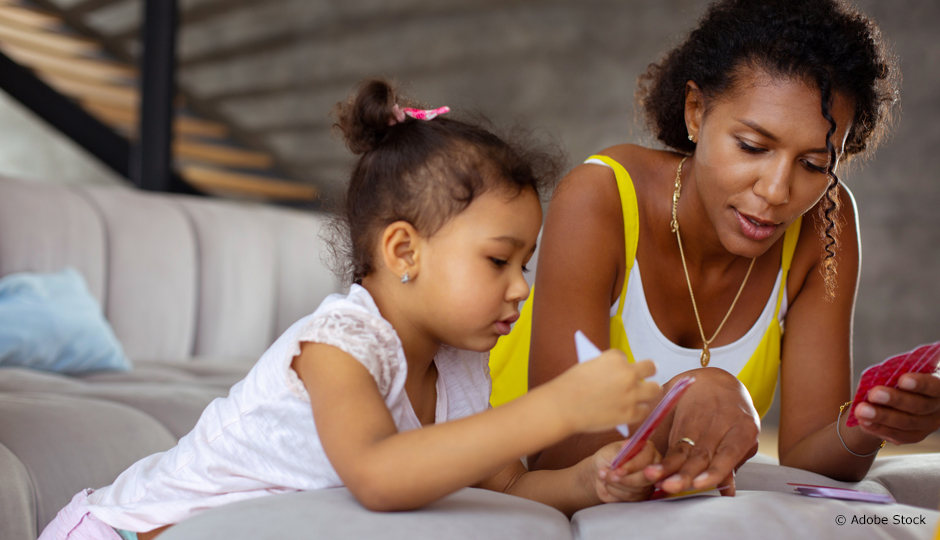Over 50% of children in Québec experience a mental health issue—for example, anxiety, hyperactivity and inattention, aggression, opposition or social withdrawal—before their 10th birthday. But why do some develop such problems, while others do not? Karine Dubois-Comtois, researcher at the Centre de recherche de l’Hôpital Sacré-Cœur de Montréal and professor in the Department of Psychology at UQTR, asked herself this very question. She emphasizes the importance of identifying at-risk children to intervene quickly and ensure the issues do not follow them into adulthood.
The findings thus far clearly indicate that parent-child interactions are a transmission mechanism for mental health.
In their laboratory and clinical work, Karine Dubois-Comtois and her team studied three groups of children aged one to five: 50 children followed by a child psychiatrist, 100 children in an at-risk family environment and 200 families in the general population. The researchers filmed parents and their children during a play session, a stressful event for the children and a family meal. They then assessed the quality of the family relationships and the ways in which the children used their parents to manage their stress.
The initiative is still underway, but the findings thus far clearly indicate that parent-child interactions are a transmission mechanism for mental health. For instance, when a parent suffers from a mental health condition, family interactions tend to suffer, which can lead to adjustment problems in children. Parent-child interactions also constitute a risk or protection factor that can exacerbate or limit other risk factors in a child’s environment. Indeed, the study has shown that sound family relationships can protect children from the negative impacts of financial insecurity.
Karine Dubois-Comtois’ conclusions will enable social workers and health professionals to rapidly recognize at-risk families and help them better interact in order to protect their children’s mental health.




